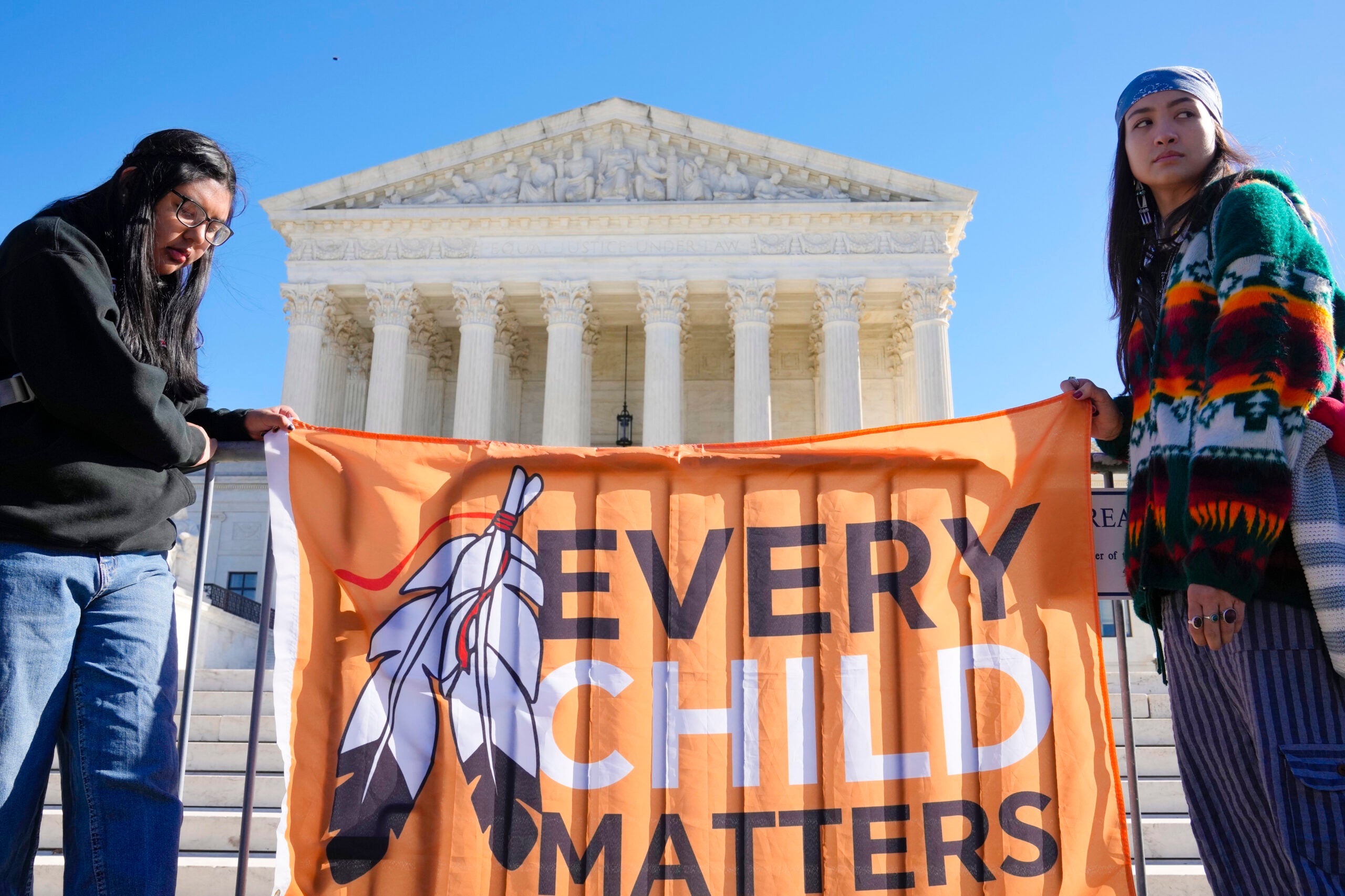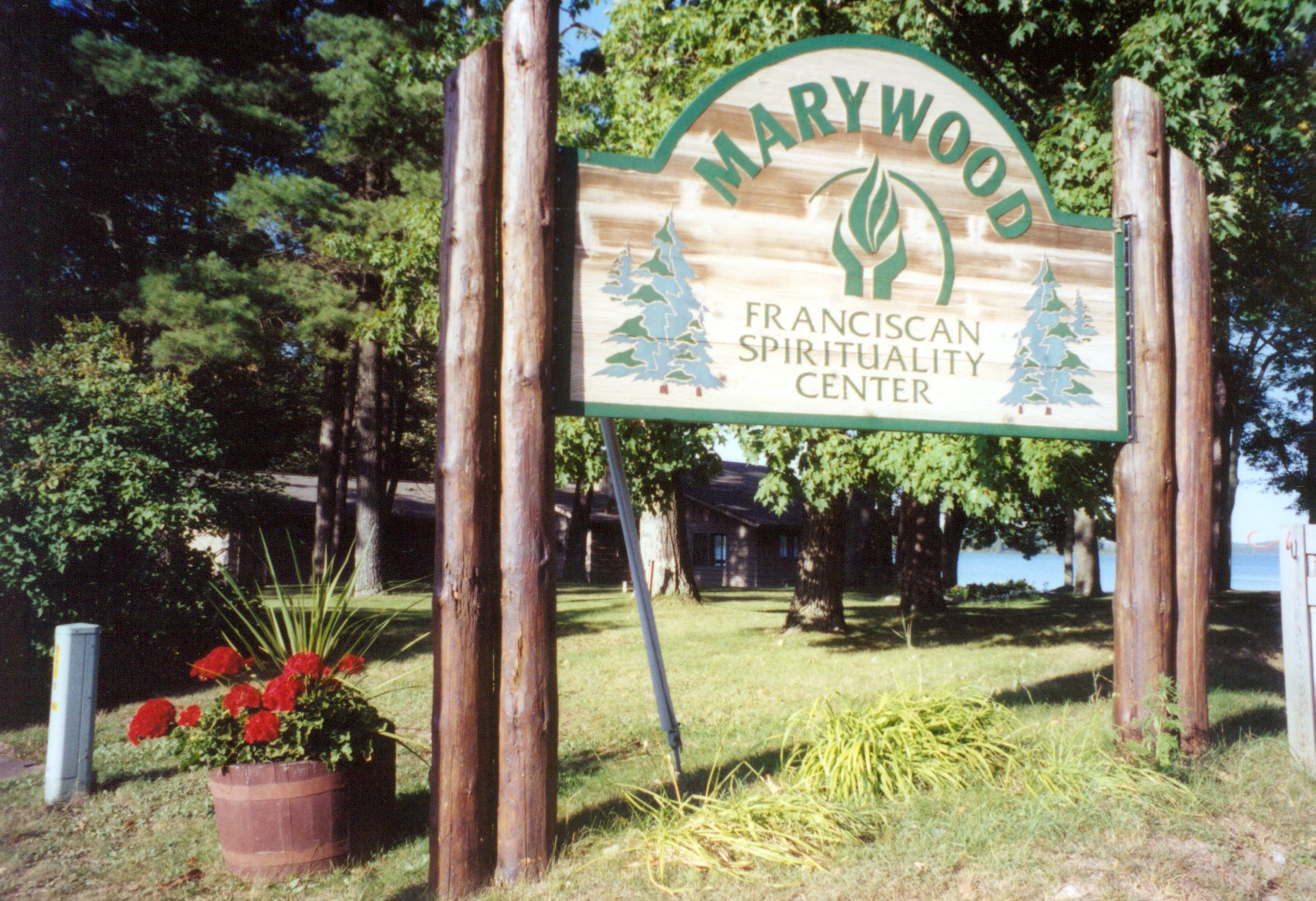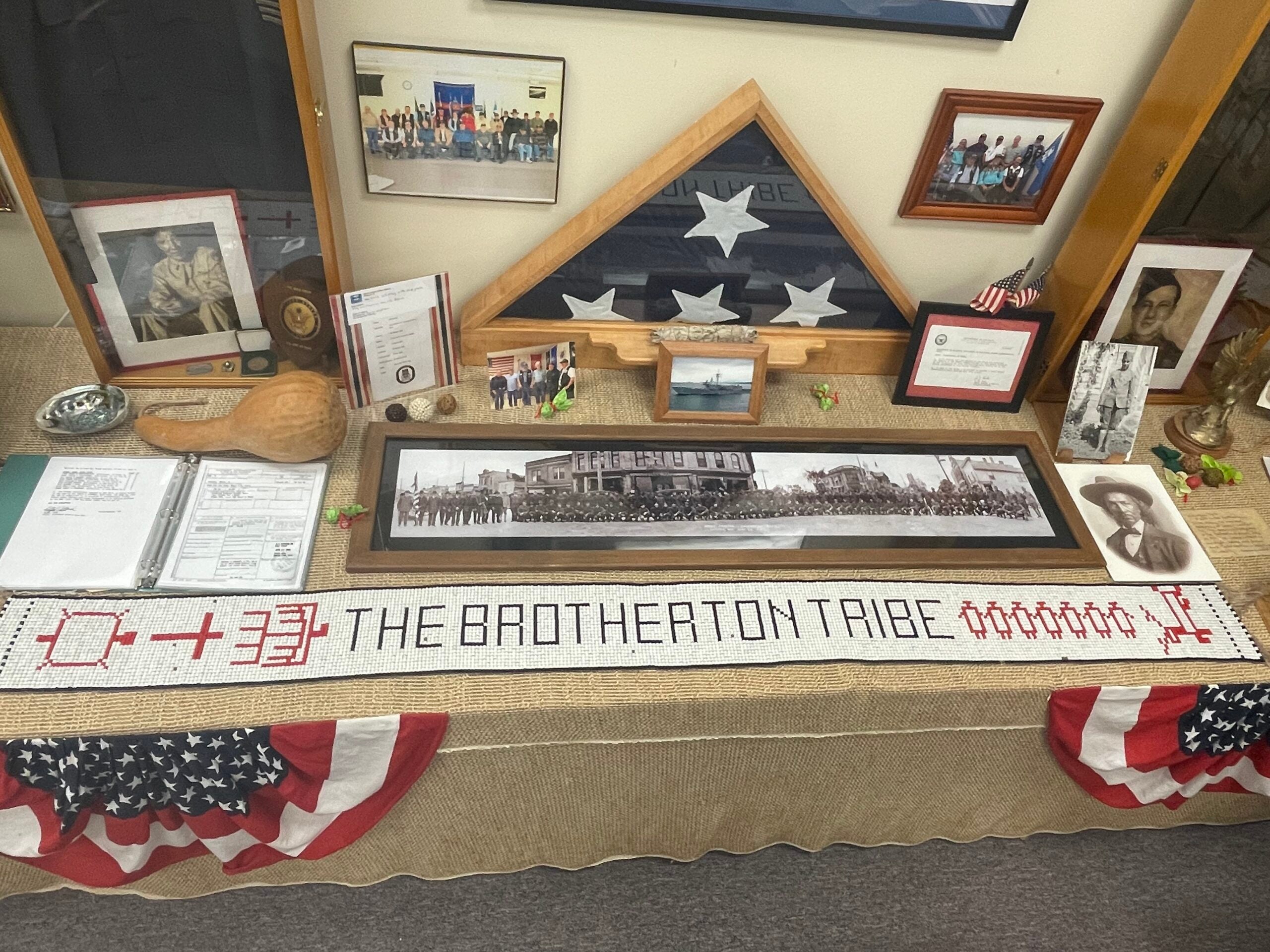The U.S. Supreme Court has upheld the Indian Child Welfare Act, which gives preference to tribal nations when Native American Children are adopted. Tribal leaders in Wisconsin say it’s a win for Indian families and tribal sovereignty.
The Indian Child Welfare Act was passed by Congress in 1978 after members found “an alarmingly high percentage of Indian families are broken up by the removal, often unwarranted, of their children from them by non-tribal public and private agencies and that an alarmingly high percentage of such children are placed in non-Indian foster and adoptive homes.”
The landmark law set federal standards for removing Native children from their families and required state courts to notify tribal nations when a Native child is removed from their parents outside reservation boundaries. It also required adoption preferences be given to a child’s extended family, other members within that tribe or other Native American families.
News with a little more humanity
WPR’s “Wisconsin Today” newsletter keeps you connected to the state you love without feeling overwhelmed. No paywall. No agenda. No corporate filter.
The state of Texas and several families who are adopting American Indian children sued the federal government, arguing the law represents an unconstitutional racial preference and illegally usurps state authority.
On Thursday, the Supreme Court rejected those arguments by a 7-2 vote stating the law does not discriminate on the basis of race and does not impermissibly impose a federal mandate on state powers.
Several tribes, including the Oneida Nation, based in Wisconsin, intervened in the case. A joint statement from Oneida Nation Chairman Tehassi Hill and leaders of the Cherokee Nation, Morongo Band of Mission Indians and Quinault Indian Nation praised the court’s ruling.
“Today’s decision is a major victory for Native tribes, children, and the future of our culture and heritage,” the statement said. “It is also a broad affirmation of the rule of law, and of the basic constitutional principles surrounding relationships between Congress and tribal nations. We hope this decision will lay to rest the political attacks aimed at diminishing tribal sovereignty and creating instability throughout Indian law that have persisted for too long.”
In an interview with Wisconsin Public Radio, Chairman Hill said the ruling affirms the tribal efforts to protect children, language and culture while working to reunify families.
“Tribes being able to do that and provide those services to our community members and to our families and to our children is paramount to the expression of tribal sovereignty,” Hill said.
Red Cliff Band of Lake Superior Chippewa Chairman Christopher Boyd told WPR the win ensures the protection of future generations of Native Americans. He said prior to the passage of the act, the placement of Native children with non-native families was “akin to going back to the boarding school days.”
For adoption agencies in Wisconsin, the court’s ruling won’t change much, said Angie Flannery, executive director of Adoption Choice, Inc. She said the agency primarily focuses on voluntary adoptions and tribes are always notified. Generally, Flannery said, tribes sign off on the adoption or require adoptive families to enroll the child as a tribal member.
“It’s very rare that we have had occasions where the tribe has said, ‘No, you cannot move forward on that. If that child is being placed for adoption, we need to be involved and we need to facilitate that placement,’” Flannery said. “It happens very rarely.”
Flannery points out that the Indian Child Welfare Act has an option to place Native children with non-Native families with consent of the tribe and the child’s birth parent.
According to the latest data from the Wisconsin Department of Children and Families, there are currently 484 American Indian children in foster care in the state.
Wisconsin Public Radio, © Copyright 2026, Board of Regents of the University of Wisconsin System and Wisconsin Educational Communications Board.







